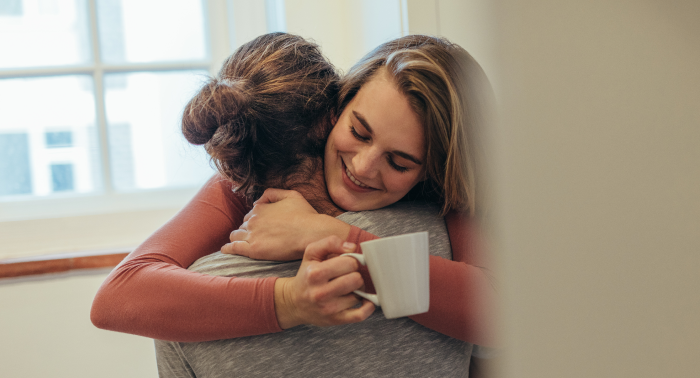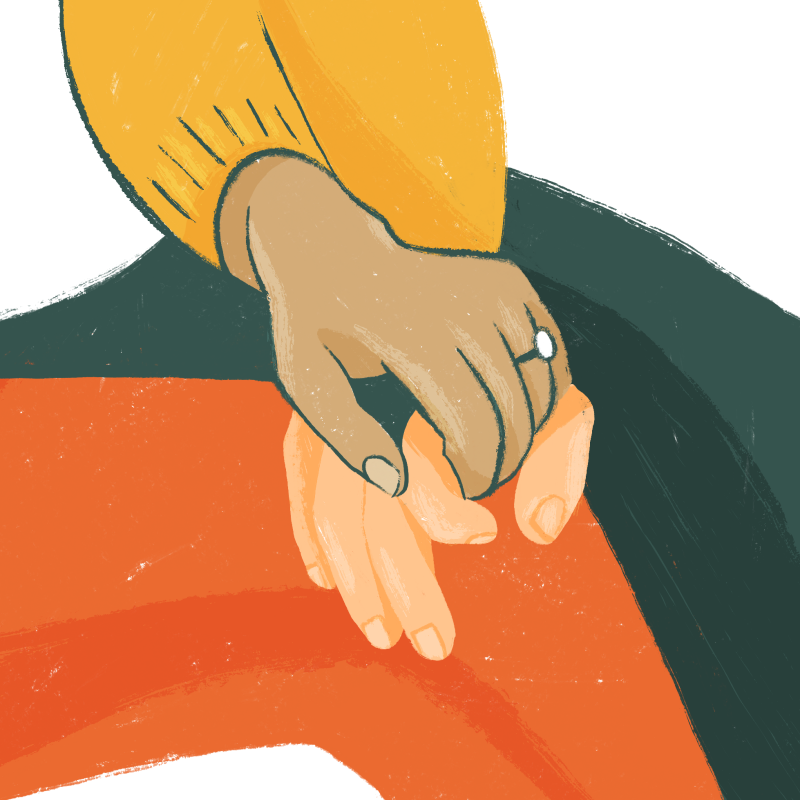
Counselling Services
Accessible counselling for everyone.

Our work has now been officially recognised for its value by Macmillan and is fully funded by Wythenshawe Hospital.
We offer a safe, confidential space for people to talk with one of our therapists about the emotional impact of their diagnosis and how it has affected their romantic and intimate relationships.
We’ve supported people to work through issues that range from communication around diagnosis, prognosis and treatment, to sex, intimacy, and body image.
"It has been such a privilege to be part of this amazing service, supporting people affected by cancer with their relationships and sex lives. It’s an honour to witness people overcome their difficulties and achieve their goals. We’re incredibly thankful that the hospital trust values our work and have funded it to ensure it continues.”Polly Sangar, Relationship & Psychosexual Therapist
68-year-old Barbara had a mastectomy three years ago and hadn’t been able to look at her scars or her body since. She stopped going out with friends, stopped going on holiday, avoided her family, and generally felt stuck.
Barbara went through 12 sessions with us and disclosed that she was married to a man who always wanted her to look good, regularly made negative comments about her appearance, and had affairs with younger women.
After being treated for breast cancer and having her mastectomy, Barbara felt the care she received was good, but the process was traumatising, as she already didn’t like hospitals.
During therapy, we explored Barbara’s relationship with herself and her body, incorporating mindfulness and relaxation techniques to manage anxiety. By the end of the 12 sessions, Barbara was able to look at herself in the mirror – something she hadn’t done for a long time.
Throughout the process, Barbara developed an appreciation for herself and her body and thought about the person she wanted to be. She began reconnecting with friends and family, started going out more, and began to take an interest in her appearance again. She has now contacted her medical team to discuss reconstructive surgery.

Accessible counselling for everyone.

Relationship support.
What's going on at TLC?